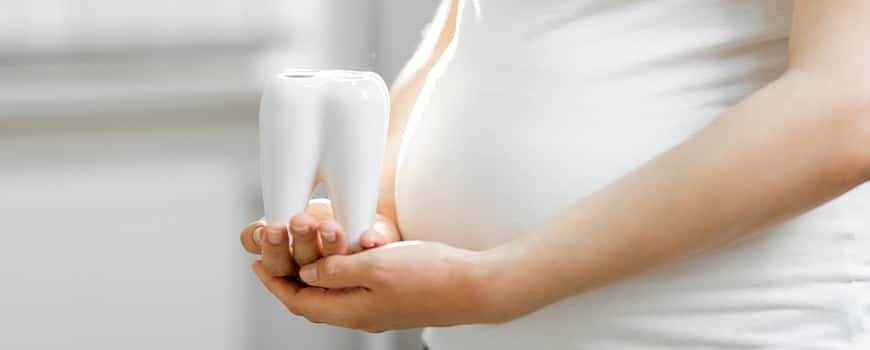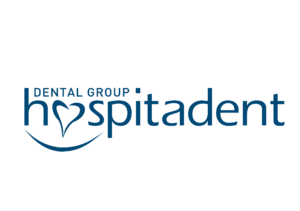Expectant Mothers Should Take Care of Their Teeth
Salih ÖNDER2022-09-05T15:47:45+03:00During pregnancy, which is one of the most sensitive periods of women, with the increase in the level of hormones in the body, teeth and gums become as sensitive as the expectant mothers. During this period, the changing balances in the body of the expectant mother cause gum diseases and tooth decay. Expectant mothers should pay more attention to their dental health than ever before, because long-term gum diseases that occur during pregnancy can cause tooth loss in the future. With the effect of increased progesterone and estrogen hormones during pregnancy, the gums become sensitive and bleed easily. This condition is called pregnancy gingivitis. As pregnancy gingivitis progresses, loosening and loss of teeth may also occur. Pregnancy gingivitis usually starts in the 2nd month of pregnancy and reaches the highest level in the 8th month, and heals spontaneously after delivery.
Things to do for oral and dental health during pregnancy
Do not interrupt daily oral and dental care. Prevent plaque buildup by performing effective dental care using a toothbrush and floss at least twice a day. Gargle with mouthwash or warm salt water. Especially warm salt water relaxes the gums and reduces gum sensitivity. Go for routine dentist check-ups before and during pregnancy. Avoid very hot and very cold foods and drinks. Make sure to use a quality toothbrush with soft bristles. Avoid sugary foods and drinks. Brush your teeth to eliminate the acidic environment in the mouth after vomiting.
Is dental treatment done during pregnancy?
Pregnancy consists of 3 periods. First trimester: This is a time when mother and baby are very sensitive. Unnecessary interventions can cause abortion. It is the period when only very urgent interventions will be made. The dentist will provide the treatment with drugs that do not harm the baby. Second trimester: This period, tooth extraction, root canal treatment, tartar cleaning, etc., which are not suitable to be postponed until the end of pregnancy. This is the most suitable period for many treatments. Expectant mothers feel more secure in this period compared to the first and last period. Third trimester: In this period, the baby has grown considerably in the mother’s womb and the birth is approaching. Just like in the first trimester, it is beneficial that the dentist does not intervene, except for emergency treatments. The drugs used or the stress and excitement that the mother may experience may pose a risk of premature birth. The simplest thing to do to prevent the emergence of an emergency dental problem during pregnancy is to have your routine dental check-ups. real. For dental health, expectant mothers should consume foods rich in protein, vitamin A, vitamin C, vitamin D, calcium and phosphorus.
Bagcilar Hospitadent
Chief Physician Dt. OGUZ KARA

